Distance from Johannesburg to Cape town
Roadtrips are on the rise and there are many possible routes to take in South...
 2 September 2024
2 September 2024 
Every year, thousands of tourists flock to Cape Town to experience the eclectic mix of cultures, it’s history, and its breathtaking scenery. The city has so much to offer, especially if you’re driving yourself around, and there’s plenty to see beyond the City Bowl, too. But why is the “Mother City” such a spectacular destination? We’ve put together a list of 10 interesting facts about Cape Town to give you some insight into why The New York Times once called it “the best place in the world to visit”. Read on to learn more.
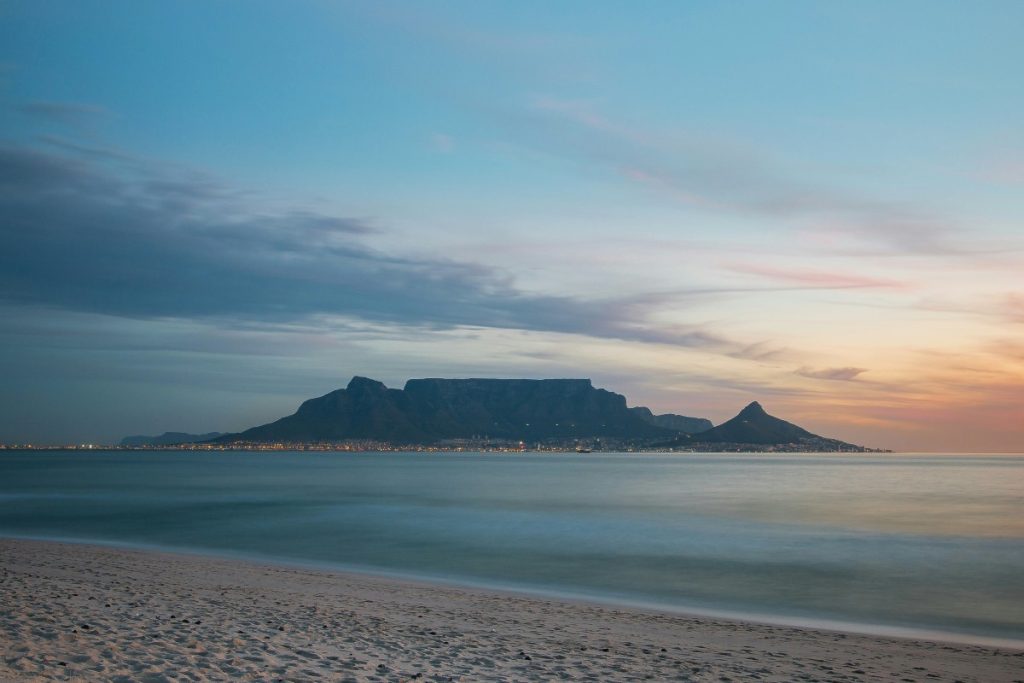
Photo: Unsplash
Table Mountain is one of Cape Town’s most iconic landmarks, standing proudly above the city. This flat-topped mountain is not only a geographical wonder but also one of the “New7Wonders of Nature”, alongside other natural icons like the Amazon Rainforest in Brazil and Ha Long Bay in Vietnam. It offers panoramic views of Cape Town, the Atlantic Ocean, and beyond. Visitors can reach the summit either by hiking one of the many trails or by taking the scenic cable car. The mountain is also home to a unique ecosystem, with unique flora and fauna, making it a must-visit for nature lovers.
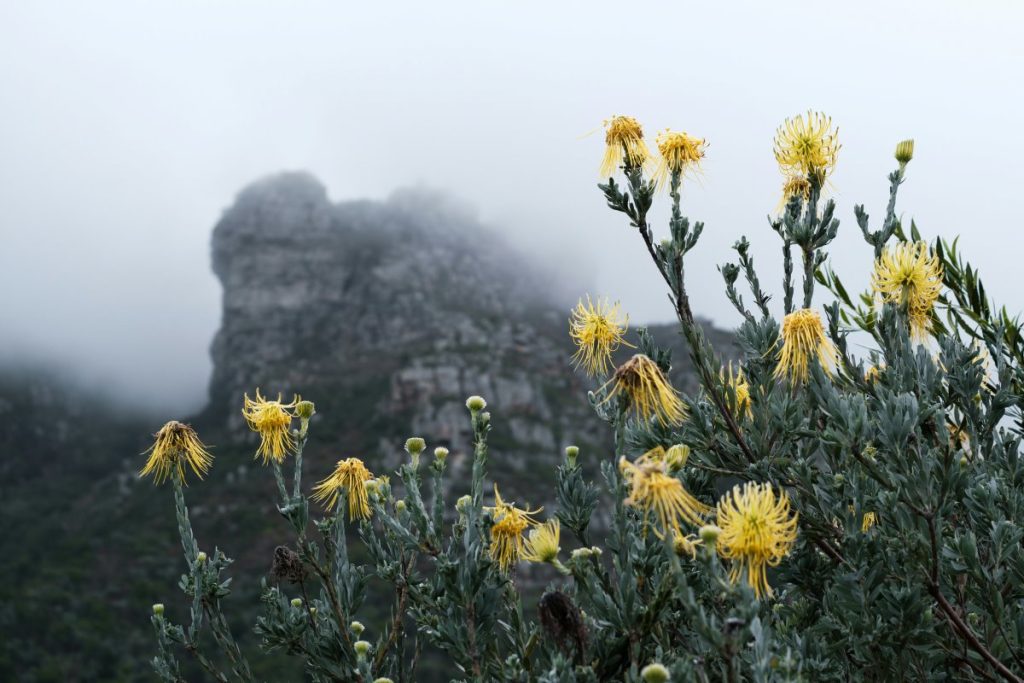
Photo: Unsplash
Cape Town is part of the Cape Floral Kingdom, the smallest yet richest of the six floral kingdoms in the world. This UNESCO World Heritage site is renowned for its incredible biodiversity, boasting over 9,000 plant species, 70% of which are endemic, meaning the grow here and nowhere else. The region’s plant life includes the famous fynbos, a type of vegetation unique to this part of the world. The Cape Floral Kingdom’s rich biodiversity makes it a haven for botanists and nature enthusiasts alike, especially when the proteas are in bloom.
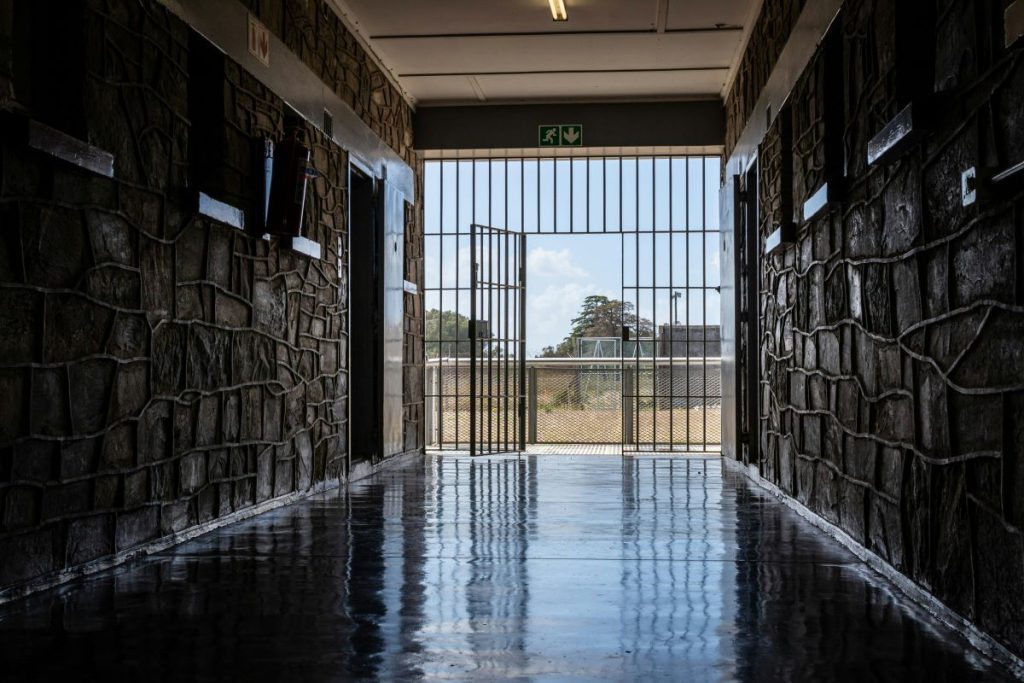
Photo: Unsplash
Robben Island, located just off the coast of Cape Town, is one of South Africa’s most significant historical sites. Another UNESCO World Heritage site, this was where Nelson Mandela and many other political prisoners were held during the apartheid era. Even before that, colonial authorities used it to isolate political opponents from as far afield as Indonesia. Mandela spent 18 of his 27 years of imprisonment here, and the island has since become a powerful symbol of the struggle for freedom and democracy in South Africa. Today, visitors can tour the island and the prison where Mandela was held, offering a poignant reminder of the country’s history.

Photo: Unsplash
Cape Town is the heart of South Africa’s wine industry, which is the oldest outside Europe. The region’s winemaking history dates back to 1659 when the first vineyards were planted by Dutch settlers. Today, Cape Town and the surrounding areas are known for producing world-class wines, including the unique Pinotage, a grape variety created in South Africa. The Cape Winelands, with their picturesque vineyards and historic estates, are a major attraction for wine enthusiasts and tourists alike. Make sure you take a day trip out here while you’re in the Mother City.
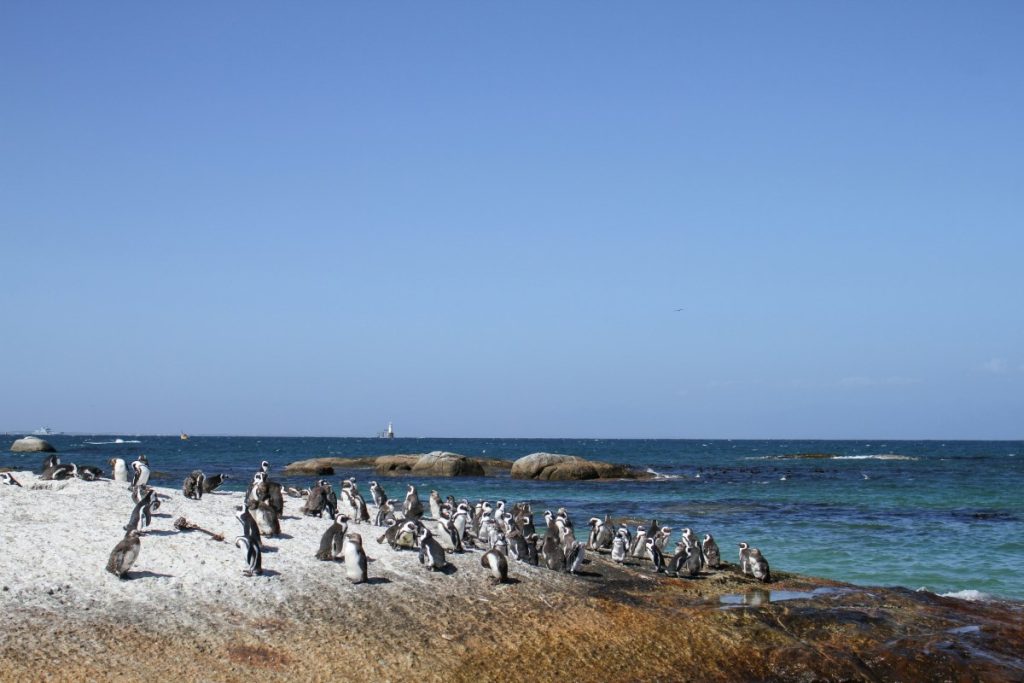
Photo: Unsplash
Cape Town is one of the few places in the world where you can see African penguins in their natural habitat. Boulders Beach, located in Simon’s Town, is home to one of the largest colonies of these endangered birds. The beach’s sheltered coves and large granite boulders provide the perfect environment for the penguins, who have been resident here since 1982. Visitors to Boulders Beach can observe the penguins up close, making it a unique and memorable experience. However, remember not to get too close – these are wild animals and you need to respect their space.
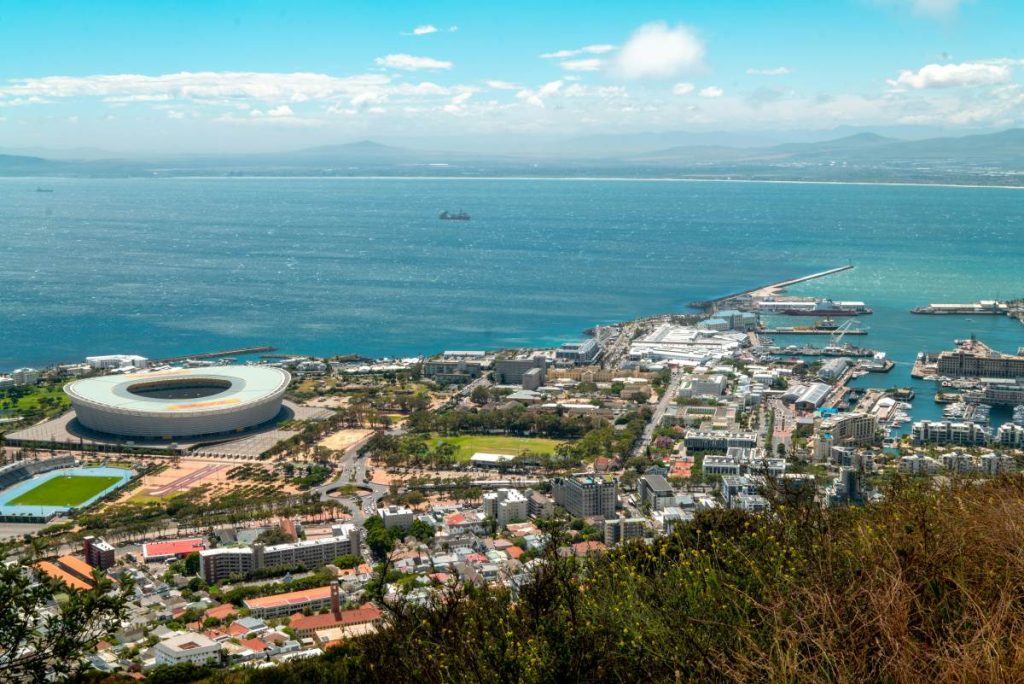
Photo: Unsplash
Cape Town is a vibrant cultural melting pot, with a rich history influenced by various cultures, including Dutch, British, Malay, and indigenous African. This diverse cultural heritage is reflected in the city’s architecture, cuisine, and festivals. The Bo-Kaap neighbourhood, with its colourful houses and cobblestone streets, is a prime example of Cape Town’s multicultural heritage. The city’s food scene is also a testament to this diversity, offering everything from traditional African dishes to Cape Malay curries.
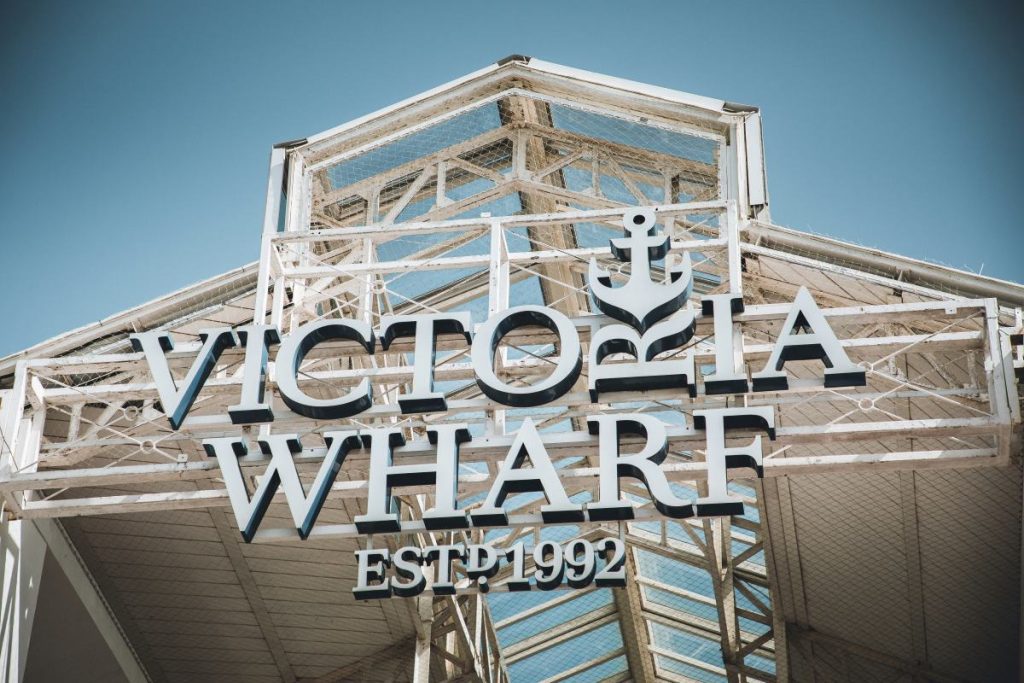
Photo: Unsplash
The Victoria & Alfred Waterfront is one of Cape Town’s most popular attractions, drawing millions of visitors each year. This bustling area offers a mix of shopping, dining, and entertainment options, all set against the backdrop of a working harbour and the stunning Table Mountain. The V&A Waterfront also houses several museums, including the Zeitz Museum of Contemporary Art Africa (MOCAA), making it a cultural hub as well as a commercial one.
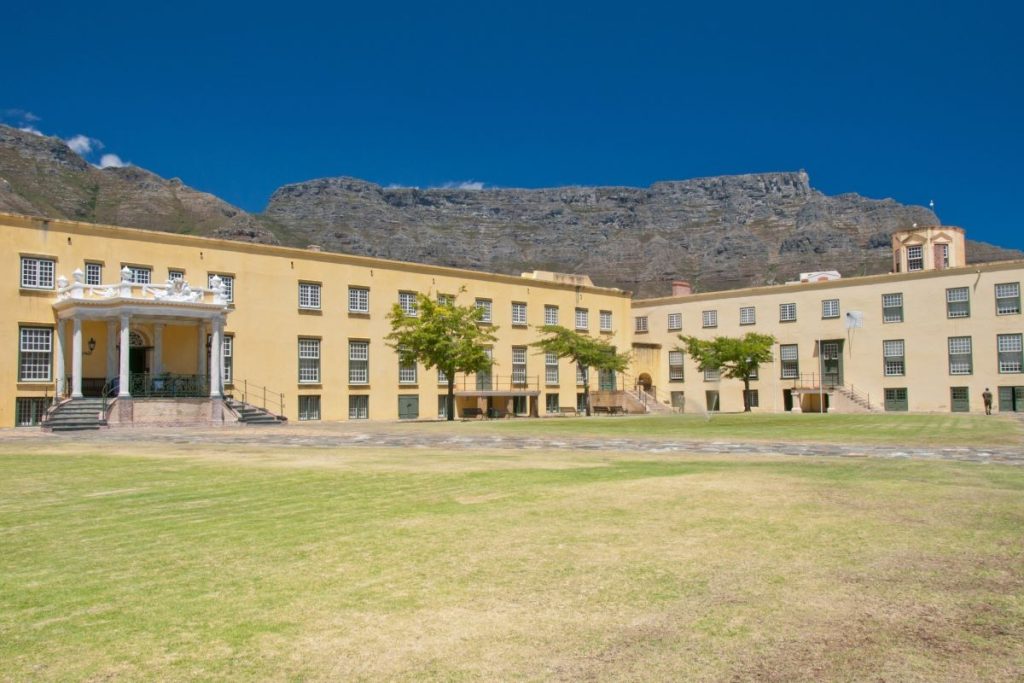
Photo: Getty
Cape Town is home to the Castle of Good Hope, the oldest surviving colonial building in South Africa. Built by the Dutch East India Company in the 17th century, the castle served as a fort and administrative centre for the Cape Colony. Today, the Castle of Good Hope is a museum that offers insights into Cape Town’s colonial history. Visitors can explore the castle’s well-preserved rooms, bastions, and dungeons, as well as enjoy exhibitions on the city’s past. Believe it or not, the ocean used to come right up to the castle, even though the coastline seems nowhere near it today!
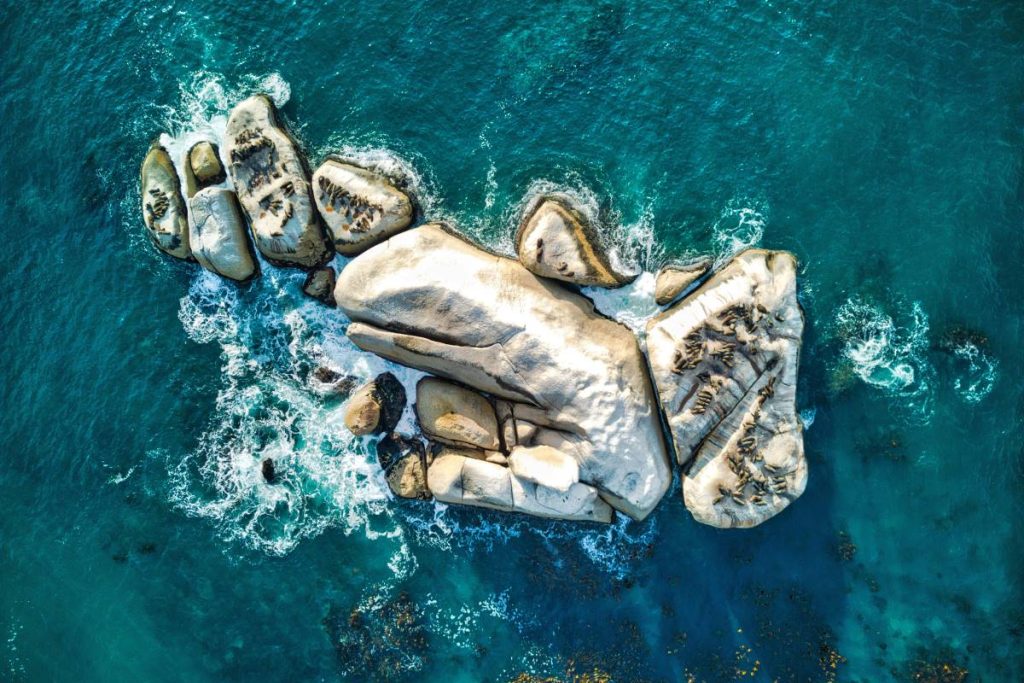
Photo: Unsplash
The waters surrounding Cape Town are incredibly rich in marine biodiversity, thanks to the confluence of the Atlantic and Indian Oceans. This unique geographical feature creates an environment where a wide variety of marine species thrive. This makes Cape Town a prime location for scuba diving and snorkelling, offering opportunities to see everything from colourful kelp forests to seals, sharks, dolphins, and even whales. The city’s coastal areas are popular spots for whale watching, particularly during the southern right whale migration season.
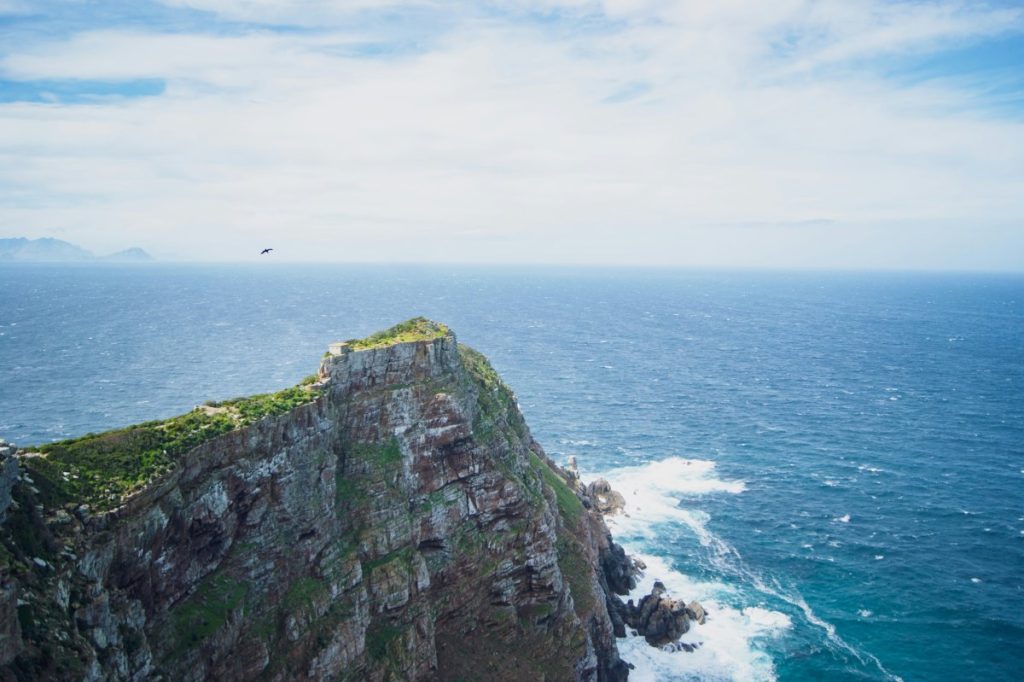
Photo: Unsplash
The Cape of Good Hope, located at the southern tip of the Cape Peninsula, is one of the most famous landmarks in maritime history. It was first rounded by Portuguese explorer Bartolomeu Dias in 1488, who named it the “Cape of Storms” due to the treacherous seas. However, it was later renamed the “Cape of Good Hope” as it represented the opening of a sea route to the East. Today, the Cape of Good Hope is part of the Table Mountain National Park and is a popular destination for its stunning scenery and rich wildlife.
Ready to uncover even more interesting facts about Cape Town? With your own vehicle, you can explore the Cape Peninsula and beyond, taking in everything the southernmost city in Africa has to offer. When you’re ready to book your rental vehicle, simply use the nifty tool at the top of the page. Welcome to Cape Town!